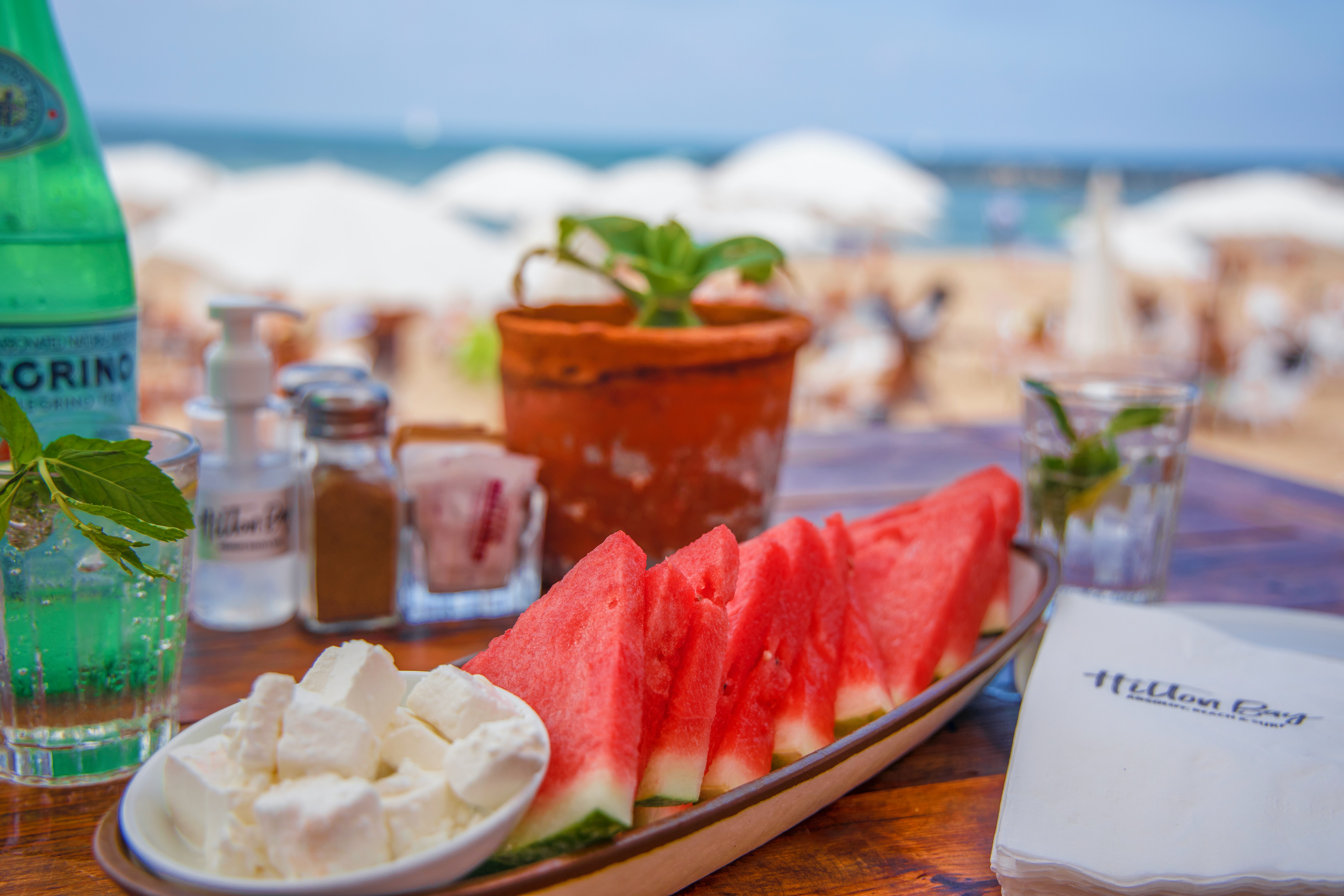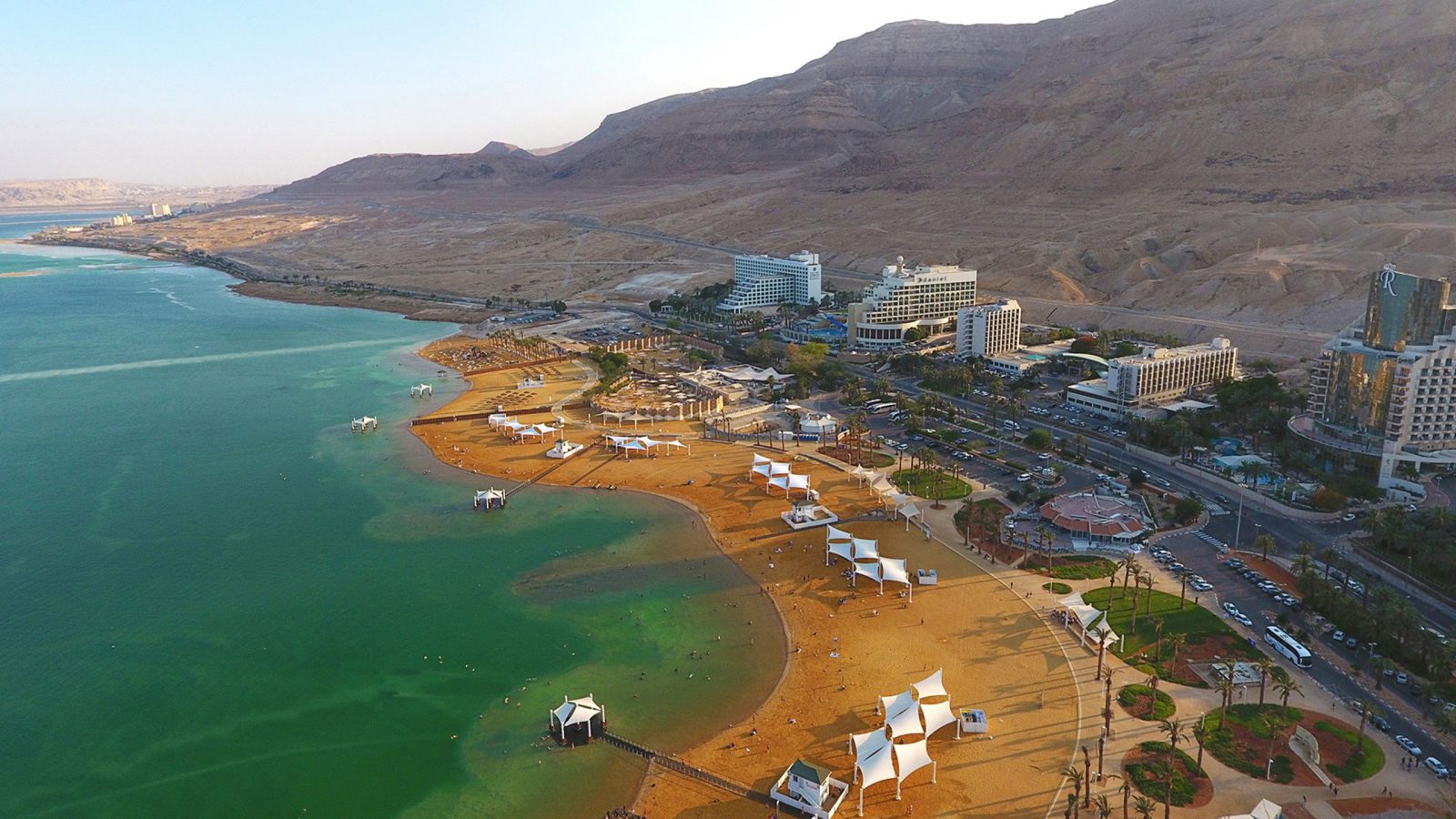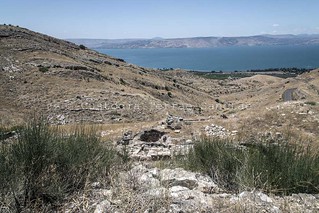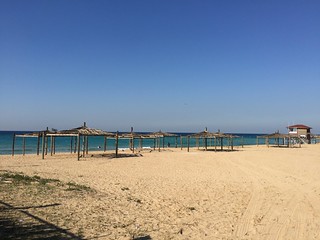Israel Travel Guide
Israel Travel & Tourism Information
When planning a trip to Israel, consider what type of traveler you are. Do you want to backpack across the country or stay in five-star hotels? Are you interested in history or nightlife? These are all important factors to consider when choosing a travel destination.
Research your options once you have a good idea of what kind of traveler you are. Israel is a small country, so it is easy to get around by public transportation. However, many tour companies offer day trips and organized tours.
When packing for your trip, remember that Israel is a conservative country. Women should pack long skirts or pants, and men should pack long-sleeved shirts. It is best to pack clothes that cover your shoulders and knees.
There are many things to see and do in Israel. In Tel Aviv, you can visit the beach, go shopping, or check out the nightlife. Jerusalem is a city rich in history, and you can tour the Old City or see the Western Wall.
If you are interested in nature, you can visit the Dead Sea or hike in the Golan Heights. And, of course, no trip to Israel would be complete without a visit to the Holy Land. No matter your interests, you are sure to find something to do in Israel.
Israel Photos
How to get to the Israel
With more flight routes between Europe and North America and Israel opening up, getting to Israel is becoming increasingly simple and affordable. The majority of visitors fly in, to Tel Aviv’s Ben Gurion Airport, which is served by most major European and American airlines, as well as more and more low-cost airlines, and a handful of airlines from the Far East. Other airlines are flying into the newly opened Ramon Airport in Eilat. Aside from flying in, it is possible to enter Israel from Jordan and Egypt, via land border crossings, popular among those traveling across the Middle East, or those who are able to find direct flights to Amman, or, more rarely, Cairo, from cities without connections to Tel Aviv. Here are the latest updates on getting to Israel, check frequently as this section is updated often.
Beach Weather
Despite the small area, the climate in Israel is very uneven – from temperate to tropical, with a lot of sunny days. The rainy winter season lasts from November to May, the rest of the time is dry summer. Abundant rains fall in the north and in the center of the country, much less in the northern Negev, and almost never in the south.
On the coast – wet summers and mild winters, in mountainous areas – dry summers and relatively cold winters. In the Jordan Valley – hot dry summers and mild winters, in the Negev – a semi-desert climate.
The swimming season lasts all year round: in the summer they swim in the Mediterranean Sea and Lake Galilee (Kinneret), in the winter in the Dead and Red Seas. The hottest months in the Dead Sea and Eilat (Red Sea) are June, July, and August. The average air / water temperature at this time is + 38 / + 30 ° C.
Cities & Regions
“Tel Aviv walks, Jerusalem prays, Haifa works.” Basically, that’s all you need to know about how Israel works. This is a very different, but very compact country, and during one two-week vacation, you can easily go around it all.
The capital of the country – Jerusalem – the most ancient city in the Middle East. This is a sacred place for Christians, Jews, and Muslims, believing pilgrims from all over the world come here every day to touch the holy places. In Jerusalem, there are the main symbols of Israel – the Church of the Holy Sepulcher and the Wailing Wall. This city with a long history will be of interest not only to believers: it has combined many different cultures, and interesting historical monuments have been preserved here, including ancient fortress walls and archaeological sites.
The entertainment capital of the country – Tel Aviv – was originally a Jewish quarter on the territory of the port of Jaffa, and over time became one with it.
Modern Tel Aviv is one of the best embankments in the world, dozens of beaches, modern skyscrapers, the most fashionable restaurants, clubs, and parties until dawn. It houses the best concert halls and galleries in Israel, as well as the country’s largest Art Museum.
The city of Nazareth is considered sacred, as it was built in the very place where, according to legend, the Virgin Mary learned from the Archangel Michael that she would soon become a mother, and here she gave birth to the baby Jesus. Nazareth has many beautiful cathedrals, including the Church of the Archangel Gabriel. There are a national park and the very Roman bowls in which Christ turned water into wine.
Haifa is the largest port and business center in Israel. It differs from other Israeli cities: more European, less religious (as far as possible in this country), even work here on Saturdays. The main attraction of Haifa is the biblical Mount Carmel, on the slopes of which the city stands. All the details about the cities and resorts of Israel – on the page “The subtleties of tourism”.
Israel is washed by two seas (not counting the Dead, more about it later) – the Red and the Mediterranean. The most popular beach resorts in the Mediterranean are Tel Aviv, Netanya, and Herzliya. The entire coast is sandy, almost everywhere there are sun loungers, umbrellas, and eateries. However, private beaches in Israel are rare, only the most expensive hotels can afford it.
The beaches of Tel Aviv are mostly populated by young people. There are many bars, discos, foam parties, and wet T-shirt contests. Herzliya is a respectable resort for wealthy tourists. There are many luxury hotels, restaurants, and a peaceful atmosphere. It is also quiet and peaceful, but much cheaper – in Netanya, this place is great for families with small children.
Eilat is a resort on the Red Sea. It is hardly suitable for a full-fledged beach holiday, since the entrance to the sea is rocky and inconvenient, and in some places even from a pontoon. There are no special attractions there, but ideal conditions for diving and other water activities, besides, this resort is year-round.
The most popular health resort in Israel is the Dead Sea Coast. The local water is rich in salts and trace elements and successfully treats many skin diseases and not only. To treat coughs, runny nose, and joints, they go to Tiberias – there are hot springs saturated with almost the entire periodic table.
















